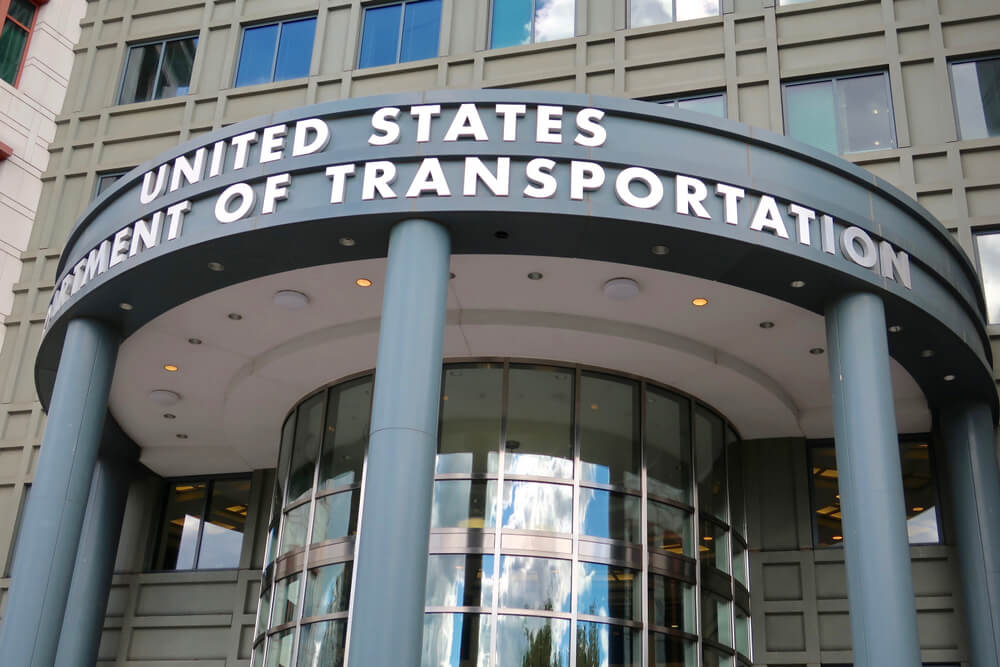
The Biden Administration extended the hours of service waiver for truckloads carrying direct and necessary pandemic assistance to Americans through February 2022.
The (Federal Motor Carrier Safety Administration) “FMCSA is continuing the exemption and associated regulatory relief in accordance with 49 CFR § 390.25, because the presidentially declared emergency remains in place and because, although the number of COVID-19 cases began to decline in the U.S. following widespread introduction of vaccinations, persistent issues arising out of COVID-19 continue to affect the U.S. including impacts on supply chains and the need to ensure capacity to respond to variants and potential rises in infections,” the federal agency reportedly stated.
Hours of service regulations typically limit commercial motor vehicle operators to 11 drivable hours and 14 total on-duty within a 24-hour period. The FMCSA renewed the waiver on Nov. 29 before it was scheduled to sunset the following day. The agency initially sidelined the hours of service rules in March 2020, as the Trump Administration leveraged wide-reaching regulatory tools to keep the supply chains open. Since the initial waiver, the FMCSA has modified the Emergency Declaration that was previously renewed at the end of August.
The evolving order currently applies to what the FMCSA calls “direct assistance” and “terminates when a driver or commercial motor vehicle is used in interstate commerce to transport cargo or provide services that are not in support of emergency relief efforts related to COVID-19,” according to the FMCSA. However, direct assistance has taken on something of an expansive definition as various industry leaders have successfully lobbied for inclusion.
Agricultural organizations such as the National Pork Producers Council (NPPC) have made a reasonable case that food supply chains require flexible trucking hours. The pork producers lobby lauded the recent extension and noted the Emergency Declaration provides expansive relief.
“The FMCSA included livestock haulers in an initial emergency declaration that provided an exemption from the HOS regulation for commercial truckers hauling essential supplies, including livestock. The waiver subsequently was expanded to cover the delivery of livestock feed,” NPPC President Jen Sorenson reportedly stated. “We’re pleased the FMCSA recognized the challenges COVID still presents and the problems it has created, including supply chain issues, for the livestock industry and acted accordingly. Extending the HOS waiver ensures that livestock truckers can get hogs to market safely and efficiently. Likewise, truckers hauling livestock feed can get those essential supplies to farms.”
It’s also notable that a provision exempts livestock haulers from hours of service regulations during their first 150-miles radius or “air miles.” According to reports, agricultural haulers now “will be exempt from HOS rules for the final 150 air miles from their final destination, providing additional flexibility to ensure drivers can safely complete their deliveries while protecting other drivers and ensuring the welfare of the animals in their care,” the NPPC reportedly stated.
Although hours of service limits have been waived in wide-reaching sectors, the exemption is typically determined by the load. It’s essential for CDL professionals to inspect loads and determine if they meet the criteria for flexible hours of service.
Source: overdriveonline.com











Leave a Comment